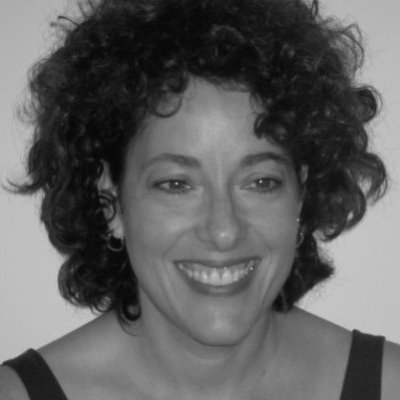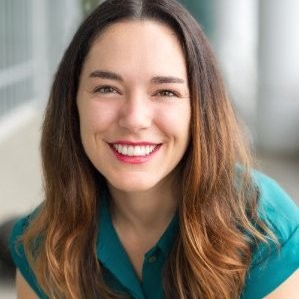scientific discovery
See the following -
"Open Humans" Launches Online Platform to Share DNA and other Medical Data
A group of top university scientists just launched a project to build a community of researchers and participants who want to benefit medical progress – by using technology to open up health data. The “Open Humans Network,” created by researchers from Harvard, New York University and the University of California San Diego, is backed by a $1 million investment from the John S. and James L. Knight Foundation and the Robert Wood Johnson Foundation, each of which contributed $500,000 in separate grants.
- Login to post comments
Four PLOS authors receive 2016 Breakthrough Prize in Life Sciences
 Through the Breakthrough Prize – initiated and funded in 2012 by Bay Area biotechnology innovators, social media venture capitalists and successful internet entrepreneurs – outstanding scientists working in the fields of life sciences, fundamental physics and mathematics receive recognition, money and a bit of glamour. This year, four of the five scientists awarded a $3 million Breakthrough Prize in Life Sciences chose to publish some of their work in Open Access journals over the course of their careers. In so doing, Edward S. Boyden, Karl Deisseroth, John Hardy and Svante Pääbo ensure their research is available for distribution, discovery and reuse, introducing opportunities for all scientists to build on their discoveries...
Through the Breakthrough Prize – initiated and funded in 2012 by Bay Area biotechnology innovators, social media venture capitalists and successful internet entrepreneurs – outstanding scientists working in the fields of life sciences, fundamental physics and mathematics receive recognition, money and a bit of glamour. This year, four of the five scientists awarded a $3 million Breakthrough Prize in Life Sciences chose to publish some of their work in Open Access journals over the course of their careers. In so doing, Edward S. Boyden, Karl Deisseroth, John Hardy and Svante Pääbo ensure their research is available for distribution, discovery and reuse, introducing opportunities for all scientists to build on their discoveries...
- Login to post comments
How Citizens Become Scientists with Open Hardware
 Eymund Diegel, a research coordinator for Gowanus Canal Conservancy, shares this tidbit during the first clip of the new Open Source Stories documentary, "The Science of Collective Discovery." He's setting out in a canoe on an inner-city canal that is polluted and struggling to get the help it needs. That's the theme of citizen science it seems: people and places in need who are not getting the help and resources they deserve taking matters into their own hands. Why are they not getting the help they need in the first place? The reason is shockingly simple yet a typical problem: Where's the evidence?
Eymund Diegel, a research coordinator for Gowanus Canal Conservancy, shares this tidbit during the first clip of the new Open Source Stories documentary, "The Science of Collective Discovery." He's setting out in a canoe on an inner-city canal that is polluted and struggling to get the help it needs. That's the theme of citizen science it seems: people and places in need who are not getting the help and resources they deserve taking matters into their own hands. Why are they not getting the help they need in the first place? The reason is shockingly simple yet a typical problem: Where's the evidence?
- Login to post comments
The Future of Scientific Discovery Relies on Open Science Models
Ross Mounce is a postdoctoral researcher at the University of Bath studying the use of fossils in phylogeny and phyloinformatics, completing his PhD at the University of Bath last year. Ross was one of the first Panton Fellows and is an active member of the Open Knowledge Foundation, particularly the Open Science Working Group. He is an advocate for open science, and he is actively working on content mining academic publications to reuse scientific research in meta-analyses to gain higher level insights in evolutionary patterns... Read More »
- Login to post comments
Where Next for PLOS: Working Together to Make Waves in Scientific Communication
 What began as a ripple with the goal to make research accessible and free has propagated into over 157 funder and 500 university policies that provide millions of readers around the world increasing opportunities to make important, positive impacts on global health, scientific discovery, policy and education. This wave of Open Access–and now Open Science–moving through the scientific community has created a scientific publishing ecosystem that spreads beyond researchers, reviewers, editors and funders to include technologists, institutions, patients, entrepreneurs and librarians...
What began as a ripple with the goal to make research accessible and free has propagated into over 157 funder and 500 university policies that provide millions of readers around the world increasing opportunities to make important, positive impacts on global health, scientific discovery, policy and education. This wave of Open Access–and now Open Science–moving through the scientific community has created a scientific publishing ecosystem that spreads beyond researchers, reviewers, editors and funders to include technologists, institutions, patients, entrepreneurs and librarians...
- Login to post comments